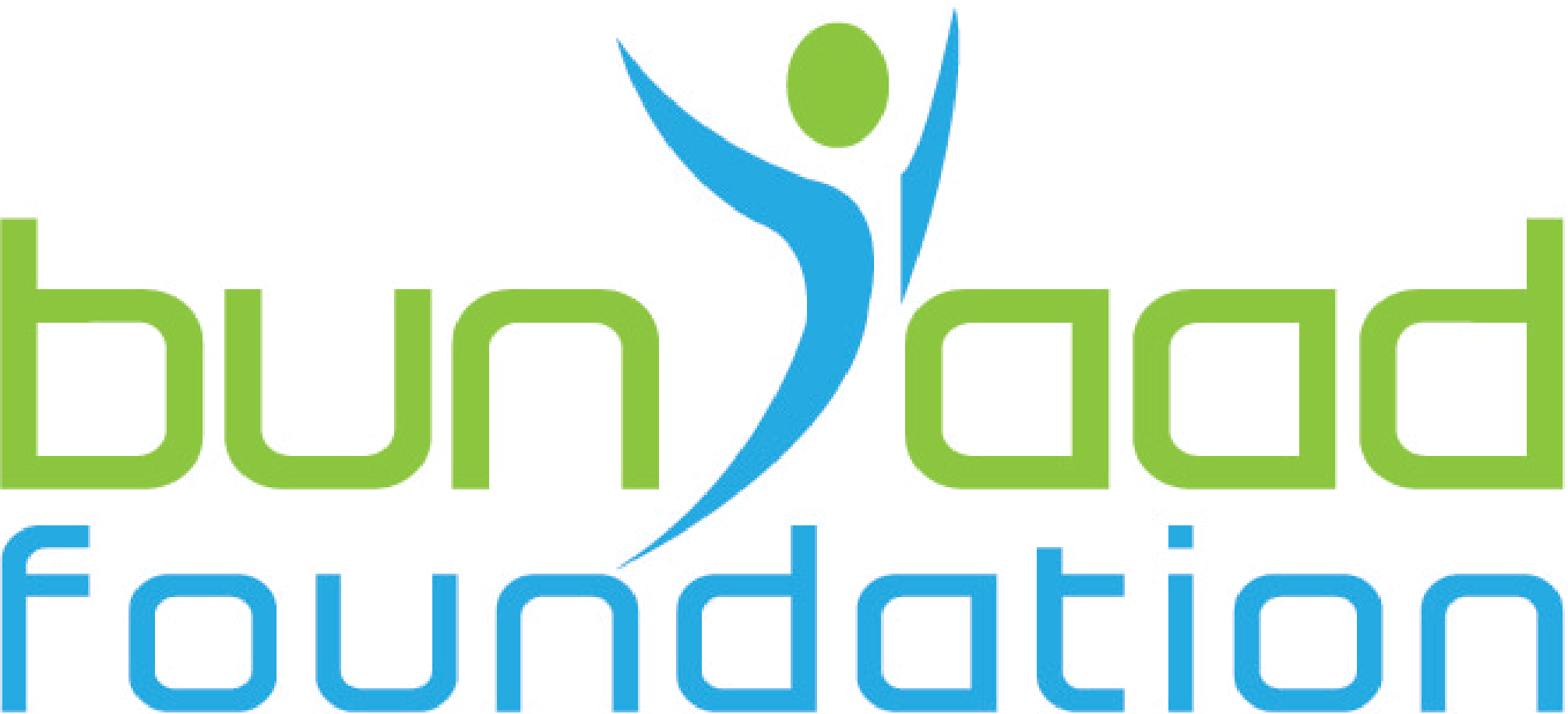CAPACITY BUILDING
CAPACITY BUILDING WORKSHOPS
There are about 638000 villages in India and around 30 lakh NGOs claim to work for the betterment of these villages. This means around 5 NGOs are serving one village but there is no visible change on ground. However, only 7-9% of such NGO’s file returns or have their records maintained. Most of the NGOs do not have the capacity to run programs on ground because of untrained manpower, lack of documentation skills, lack of knowledge about income tax etc. And a huge chunk of such NGOs know everything, they rather have expertise but unfortunately they use this expertise to embezzle funds. We will not delve into corruption side because we won’t be able to fix that issue but we surely can address the issues of capacity building. We have seen and met and worked with number of NGOs and most of them do not have the capacities to run community programs but their intentions are clear. We are here to help such NGOs develop capacities to run programs, take advantage of Govt and CSR funding opportunities. Here are some of the capacity building training programs for NGOs:
COMMUNICATION AND DOCUMENTATION
Communication is one of the most essential aspects of community development and for NGOs to bring a desirable change in the targeted community, effective communication is a prerequisite. Communication is not just how you talk but how you approach a community to ensure your ideas are received and good communication is expected to bring about a positive change in the perception and behavior of the community members.
The target audience receives the messages in different ways and interprets them differently, depending on their cultural, religious and lingual background. Communication strategies are always designed based on the understanding of these basic characteristics of the community.
Another aspect of communication is documentation. This is very crucial to the learning and development of the organization and is the weakest area of almost 80% NGOs working on ground. We come across organizations which are 10-15 years old but documentation is almost zero. This puts a question mark on their learning curve. The documentation of success stories, innovative experiments facilitate intensive learning, training, advocacy, project planning, public relations, review and sharpening of goal and vision of implementing organization.
Documentation doesn’t only confine to project documentation but it includes the legal and income tax related documents, registrations, and affiliations etc. of the organization.
Proposal writing is the key for fund raising and most of the organizations fail to write a well researched and candid proposal that is self explanatory and arrests the attention of the donor. Communication and documentation are the areas where most of the NGOs face problems and as a result their programs fail achieve the desired results. To help NGO/CBos at the grassroots level, Bunyaad Foundation conducts workshops on communication tools for NGOs and CBOs to ensure programs achieve their goals.
ASPECTS COVERED IN THIS WORKSHOP
- Communicating with the community.

- Effective social communication tools
- Leveraging social media
- Website and content management
- Reporting and documentation
- Accounts and Income tax.
- Proposal writing
- Documenting the best practices – Process documentation
DURATION: 3 DAYS
MONITORING MECAHNISM
Proper monitoring of projects, irrespective of their scale and reach, can ensure their success and if monitoring fails, nothing can be as disastrous as this. Normally, we see Govt. projects are monitored by Govt officials through surprised visits but these visits have never proven effective. As we have a corrupt system in place so no visit is a surprise visit, hence everything is staged. Government has shown seriousness about this problem and started biometric attendance system which failed because it could easily be manipulated; now it has initiated CCTV surveillance of classrooms/training labs etc. but this again monitors just the attendance, content and training cannot be monitored by this method.
We conduct workshops on how to ensure implementation agencies self monitor the projects and create a robust monitoring mechanism that helps them not only deliver but also grow and learn as an organization. Our workshops help NGOs learn how to self monitor projects and their manpower.
ASPECTS COVERED IN THIS WORKSHOP
- Project planning

- Developing logical framework
- Devising monitoring mechanism and tools
- Result based monitoring
- Performance indicators
- Midterm review
DURATION: 3 DAYS
CSR FUNDING, MYTHS AND REALITY
Every company having net worth of rupees five hundred crore or more, or turnover of rupees one thousand crore or more or a net profit of rupees five crore or more during any financial year shall constitute a Corporate Social Responsibility Committee of the Board consisting of three or more directors, out of which at least one director shall be an independent director.
There are around 16000 companies that fall in the ambit of section 135 and these companies are to spend an accumulated amount of approx 25000 crore annually on the community welfare. However, as per various studies, it’s been found that only 4000 crore is spent. This is majorly because of two reasons, one that most of the corporations have no idea how to spend this money and some have this apprehension that NGOs embezzle the funds so they prefer not to spend under the garb of inexperience etc. Two that almost all big companies have floated their own foundations, while some of them are really doing a great job, however rest are just routing the money through foundations.
ASPECTS COVERED IN THIS WORKSHOP
- Understanding CSR, myth and reality.
- Organization identity and CSR
- Understanding corporate working and their needs.
- Developing CSR concept notes.
- Understanding CSR project formats.
- Approach CSR team.
- Getting CSR funding and beyond
DURATION: ONE DAY
